Editor’s Note: This piece mentions suicide.
K.C. Potter (J.D. ‘64), former dean of residential and judicial affairs and namesake of the K.C. Potter Center for LGBTQI Life, died on Aug. 26 at age 85. The Hustler sat down with his loved ones and former colleagues to capture the moments that defined him and his legacy after 36 years at Vanderbilt.
Potter was born in Fallsburg, Ky., in 1939 and joined Vanderbilt first as a law student in 1961. After earning his law degree, he returned to Vanderbilt in 1965 as assistant dean of men and then, when the men and women’s deans’ offices were combined, as associate dean of student life in 1971. He served in his final post as dean of residential and judicial affairs beginning in 1977 through his retirement in 1998.
A friend to all
Doug Bates (B.A. ‘69) said he and Potter were friends while he was a student and Potter served as dean of men as well as the university’s chief disciplinary officer. The two bonded over their shared rural upbringings, with Bates from Hickman County, Tennessee, and Potter from eastern Kentucky. In 1998, Potter moved to a farm he purchased in Hickman County after retiring from Vanderbilt.
“He had a genius for working with students. After all, he was only five years older than I was when I was in school,” Bates said. “But he always wore a suit and tie — he had a dignity about him. He communicated to everybody that they were important.”
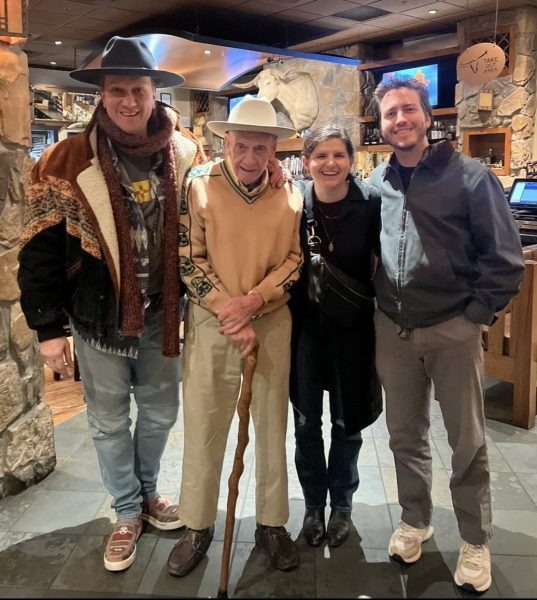
According to John Hylton, former assistant director of residential and judicial affairs, Potter was the epitome of a mentor and role model for his colleagues too.
“He will always live in my heart as an educator, great communicator, a gifted people person and a true friend,” Hylton said. “I will miss him profoundly and thank God I was allowed to know and love him.”
Steve Caldwell (M. Div. ‘71), former associate vice chancellor for student life, lived in the house right beside Potter’s. This house — previously the Euclid House — was designated as the K.C. Potter Center for LGBTQI Life in 2008. Caldwell attributed much of his and Potter’s impact on students to their physical proximity to campus life.
Potter echoed these sentiments in a 2018 interview hosted by the Margaret Cuninggim Women’s Center.
“In order to impact people, you’ve got to know them. Living on campus and being available constantly, it’s just necessary,” Potter said.
In his retirement, Potter and his husband Richard Patrick were known to throw house parties that brought together those from within and beyond their rural community.
“He was well-known in Hickman County, and he was well-known throughout America. He used to have parties down there at his house, and there’d be people from [University of California, Los Angeles] and Yale,” Bates said. “He was very active in his church, and he had a wide range of friends. I was amazed at the breadth of his friendship.”
An advocate for the marginalized
Bates said that two or three students committed suicide in his time at Vanderbilt, at least one of whom Potter knew to be gay. Such instances were “unspoken feelings,” according to Bates, and little was done to address the issue — until Potter came along.
Though he did not come out as gay until after retiring from Vanderbilt, Potter was a fierce advocate for LGBTQ+ student rights. When students published a homophobic story in a student magazine, three students jointly voiced their opposition to the piece in an op-ed in The Hustler. Inspired by this op-ed, Potter reached out to the students and helped them secure funding for a newspaper ad inviting other LGBTQ+ students to join a social support group — which eventually became the Vanderbilt Lambda Association. He offered up his own house as the group’s weekly meeting location for almost 10 years.
“Even though K.C. was the chief disciplinarian, he was still the most trusted person on campus,” Caldwell said. “His house was someplace that if people thought they were going to be harassed for being gay or marginalized, they would come into this group — it was just a rather remarkable thing to do.”
Members of Lambda’s executive board expressed their remorse over Potter’s passing, urging students to “continue fighting” to honor Potter’s vision and legacy. The group emphasized that both itself and Vanderbilt should be held to the standards set by Potter.
“As the new leaders of the organization he started, we look to his legacy for inspiration, and we operate knowing how impactful it is for this organization to simply exist on Vanderbilt’s campus,” Lambda’s executive board said in an email to The Hustler. “His dedication to helping Queer students will never be forgotten or taken for granted as we continue in his steps to advocate and fight for all human rights, as well as provide a safe space for all marginalized identities on campus and beyond.”
A principled mediator
Potter ran the university police department beginning in the 1960s, a period Bates called “a ticklish time to be on American college campuses.” Despite these challenges, Bates said Potter “maintained a tight ship” while also approaching students with dignity and respect.
Caldwell described an instance of a near-physical altercation between anti-war protesters and other members of the student body that Potter successfully defused. According to Caldwell, a group of students gathered on Alumni Lawn to protest the Vietnam War with an American flag drenched in blood and a bucket of water. Other students took offense to this and increasingly encircled the protesters.
“The campus was about to have a physical confrontation. K.C. waded into this [crowd] and eventually got the two groups to calm down and began negotiating,” Caldwell said. “I asked him why he didn’t let them submerge the flag, and he said, ‘No no, that wasn’t gonna happen. But we did baptize it. Instead of immersion, we sprinkled, and everybody was satisfied.’”
Caldwell added that this approach set the precedent for how their team approached similar instances in the future.
“We gave the students protesting a place to protest. If our staff was there, it was not to stop them protesting, it was to make sure that others did not harass them,” Caldwell said.
Caldwell said that Potter played a crucial role in the university’s handling of the 1978 protests against the U.S. vs. South Africa Davis Cup tennis matches held at Memorial Gym. People traveled from across the country to protest against South African apartheid in an NAACP-led march that brought together over 2,000 demonstrators, including students from Vanderbilt and Peabody.
“We were concerned about so many things. Most of it was that there’d be a physical confrontation, people would be hurt and it would be something that we’d all deeply regret,” Caldwell said.
He identified Potter’s knack for communication as vital in preventing escalation.
“Metropolitan Police withstood the abuse they were getting, and they never cracked, never hit anybody. And the person that pivoted this [controlled response] was K.C.,” Caldwell said. “He was such a respected man, and he was so good at dealing with people.”
Brock Williams, former assistant vice chancellor for student recreation, echoed Caldwell’s sentiments and urged the Vanderbilt community to continue educating itself on Potter’s legacy.
“I think it’s important people grasp what a trailblazer he was — not only for LGBTQ+ students but his legacy with building a residential and judicial system at Vanderbilt. Pretty much one man did all that,” Williams said. “And the respect that he garnered from the mayor, Nashville chief of police, our own internal police, deans, chancellors — everybody looked to him to solve the problem.”
Life beyond Vanderbilt
Potter and Patrick met each other five months after the former’s retirement from Vanderbilt in 1998 and married four years ago. Patrick revealed that they exchanged Stetson hats — one of Potter’s trademark accessories — instead of rings at their wedding. The couple is featured in director Kate Kunath’s documentary “Show Me the Way,” which details the experiences of LGBTQ+ adults in rural Tennessee and made the shortlist for the 2019 International Documentary Association Awards.
Despite meeting only after Potter’s departure from Vanderbilt, Patrick said he accompanied Potter to several campus events in the years since, including the Office for LGBTQI Life’s annual Lavender Graduation. According to Patrick, it was there that the pair were introduced to pronoun-sharing etiquette, an example of his and Potter’s commitment to continual learning and improvement.
“Once we found out, of course we got on board. We’re just human like anyone else. We’re trying to read — we’re trying to stay here at the center and learn,” Patrick said. “I think once you know better, you do better. And we were — that was our mantra for our house — always trying to figure it out.”
According to Patrick, though Potter’s retreat to the farm and rural Tennessee later in life was “important,” the former dean cherished his students most of all.
“Dean Potter made himself available to everyone. There just weren’t any limitations. It was all about unconditional love,” Patrick said. “His heartbeat is definitely with the students. If not, you wouldn’t have seen him around or heard that much of him on campus. The students were everything.”
In a November 2023 interview for the Vanderbilt Luminaries Series, Potter extended a message to students, past and present.
“I want to say to my students that you’re still my students, I still love you and that it was an honor to serve you as your dean,” Potter said.
The Hustler’s three-part feature on K.C. Potter and the history of Vanderbilt’s LGBTQ+ community can be found here (Oct. 7, 2015; Oct. 21, 2015; and April 6, 2016).




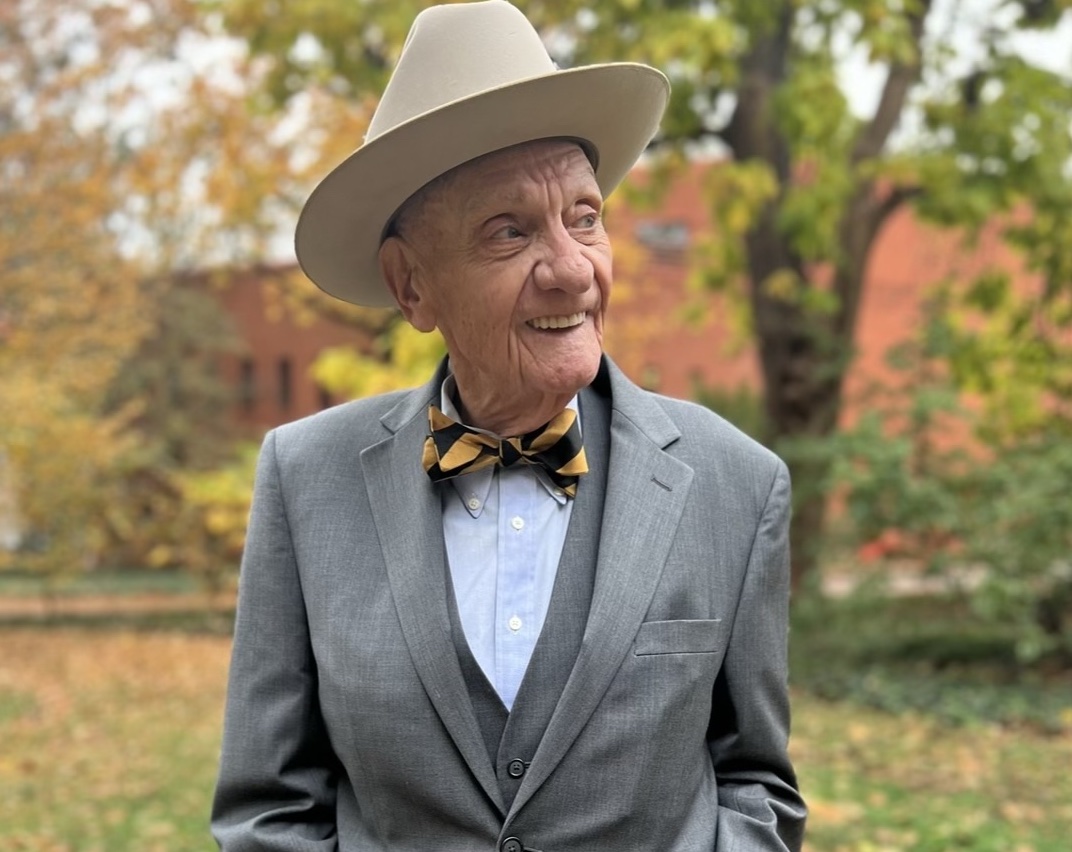
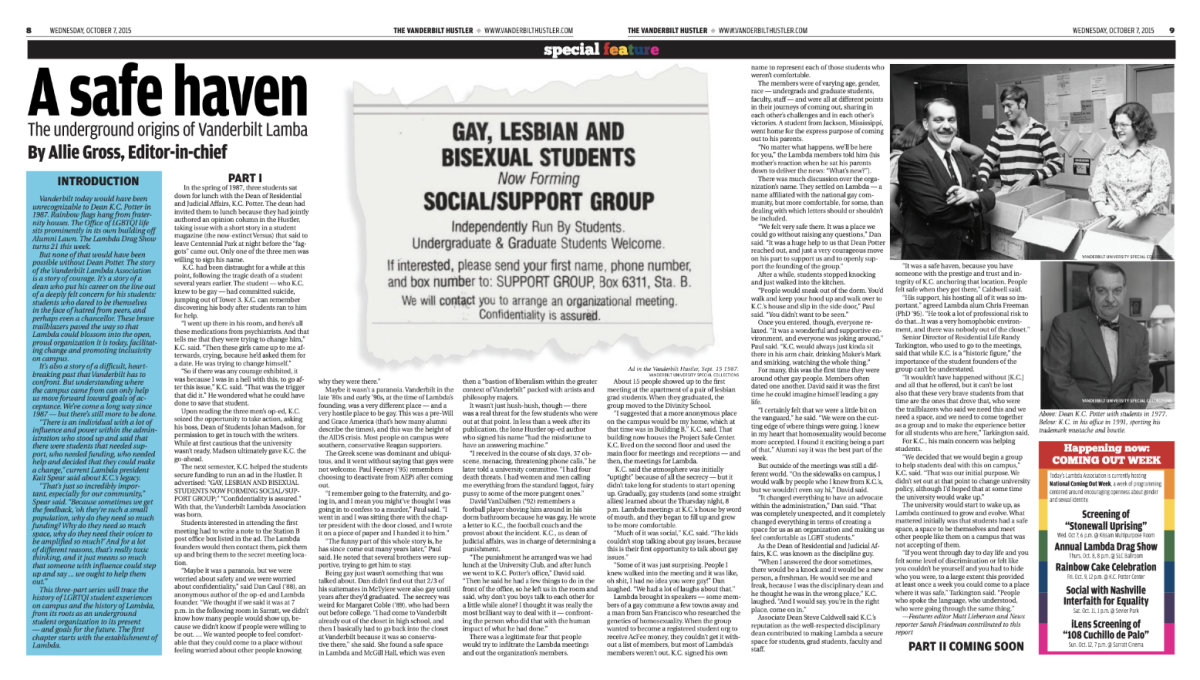
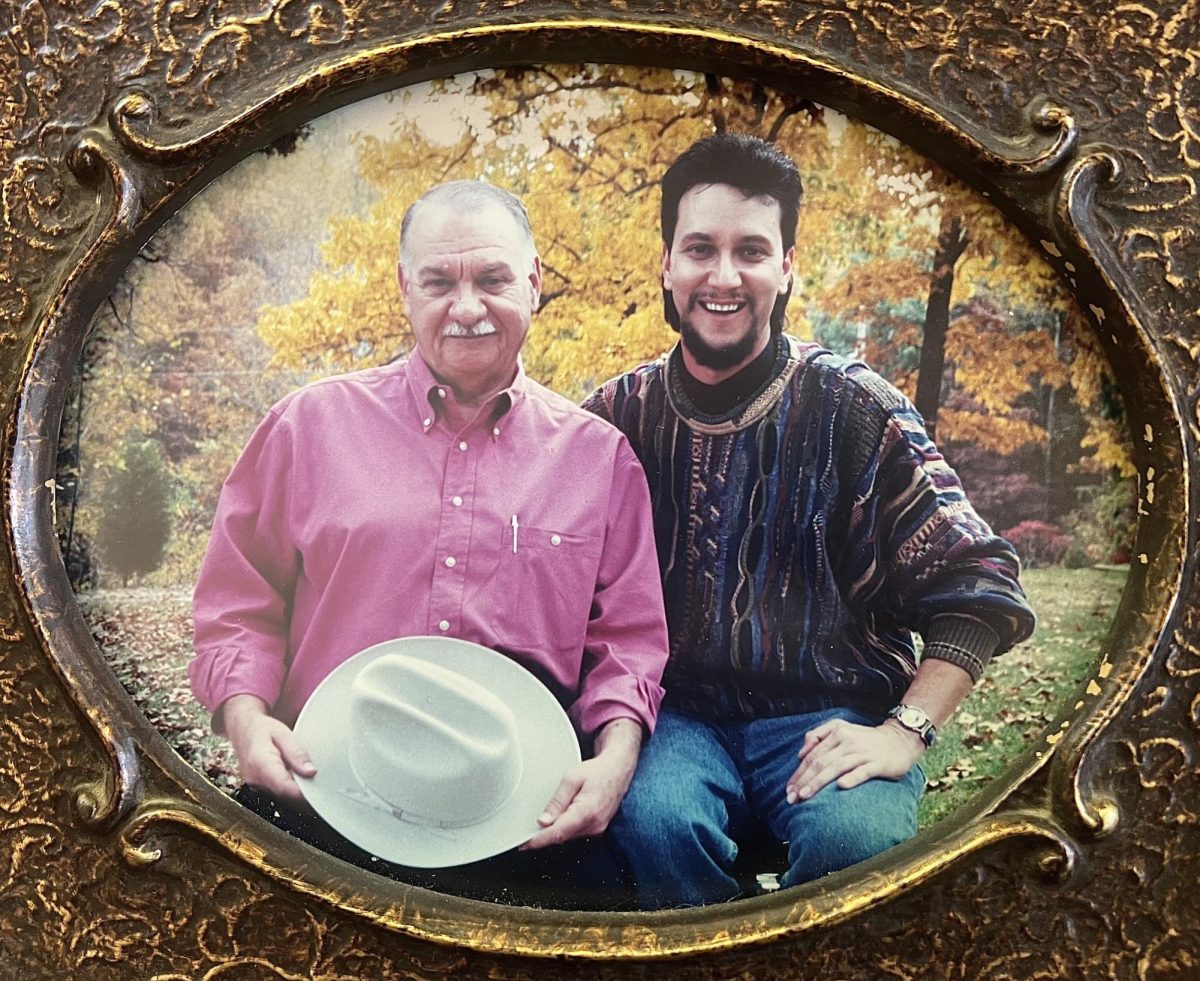

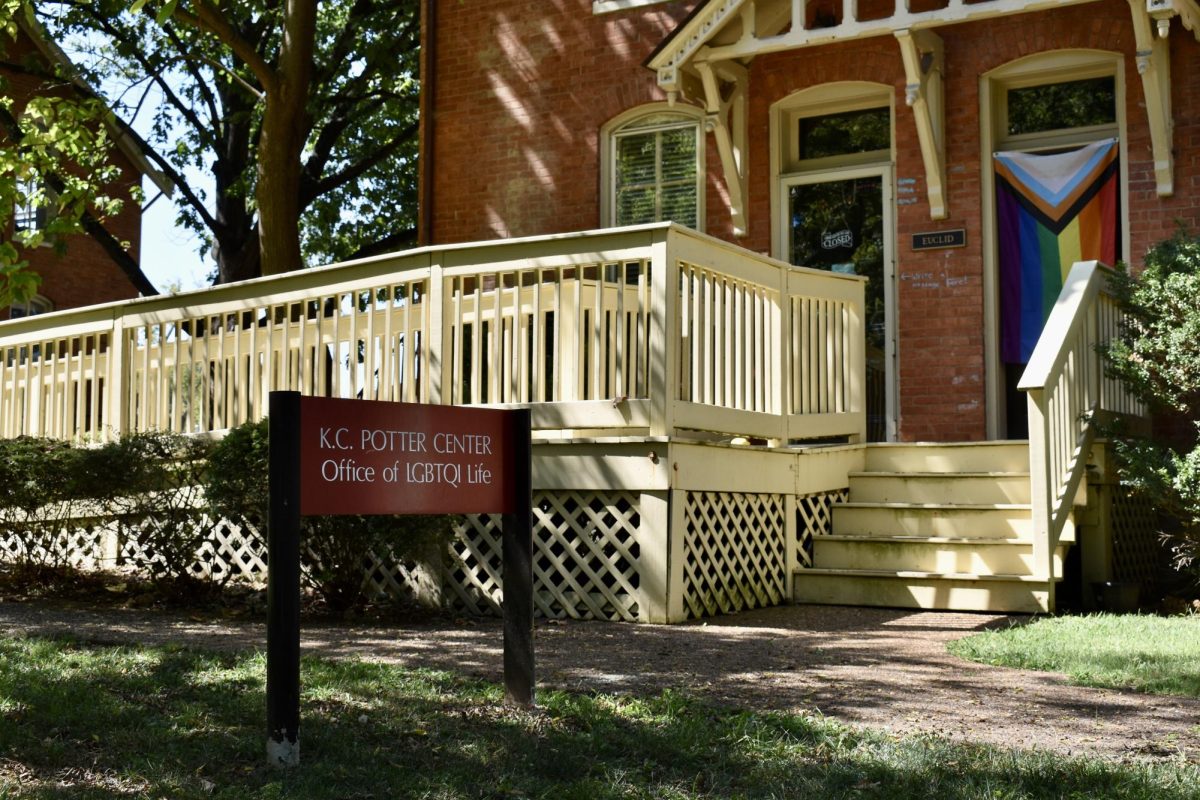
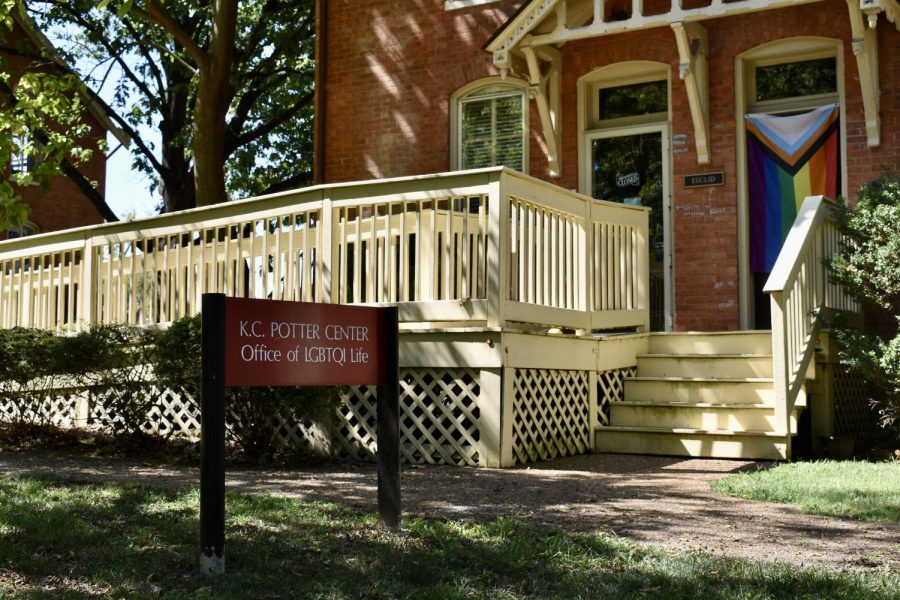
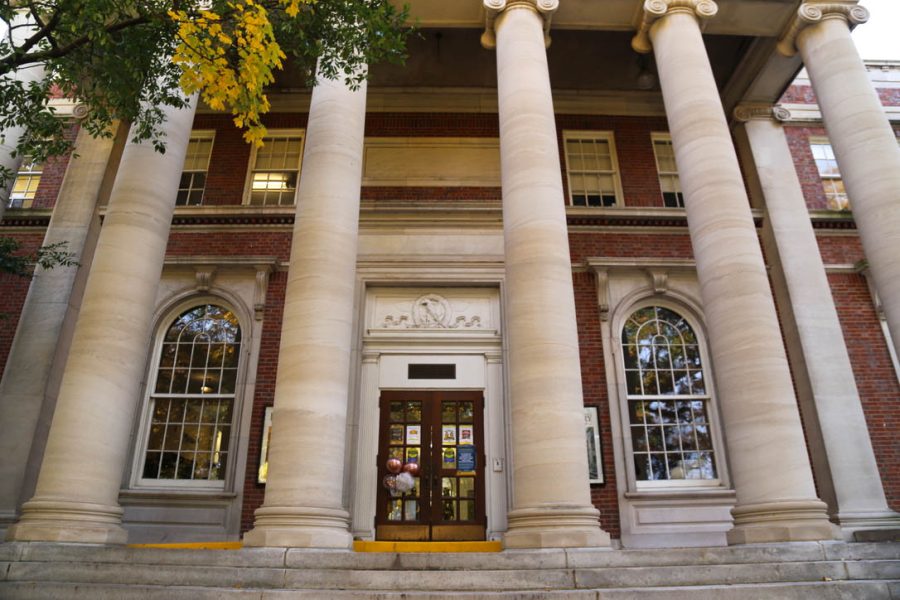
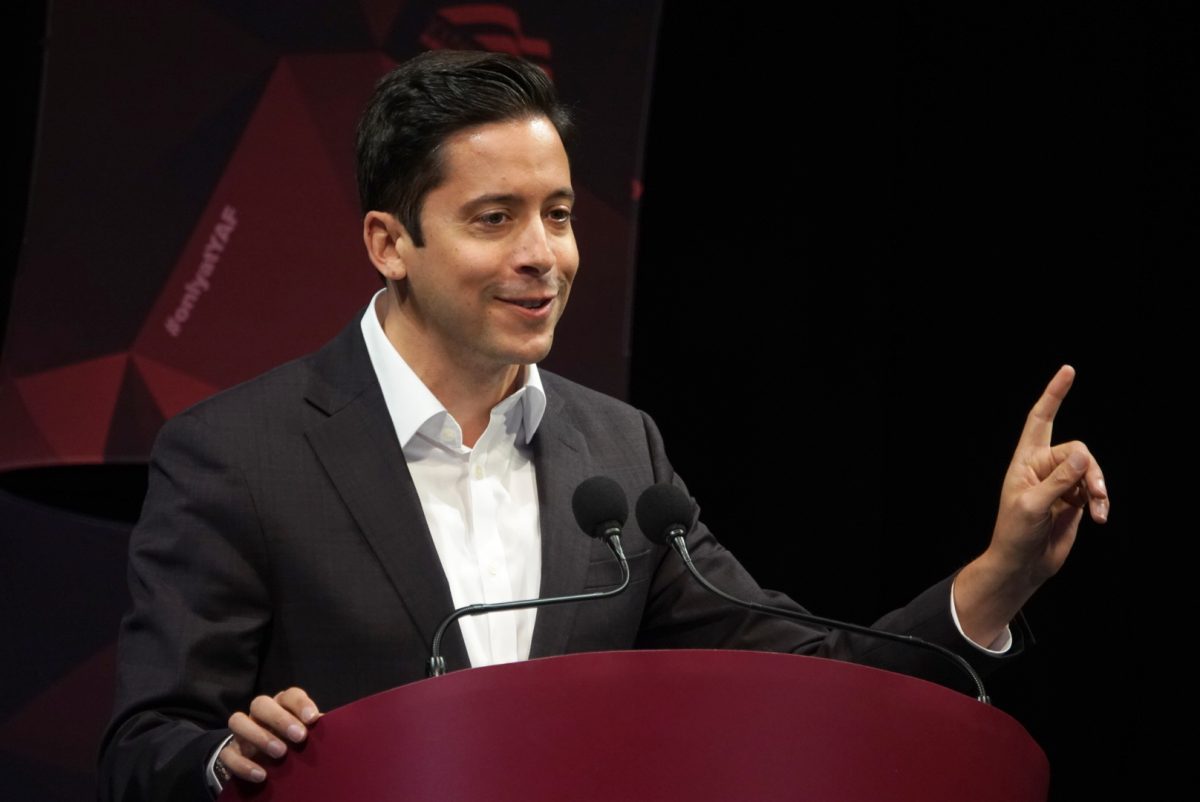

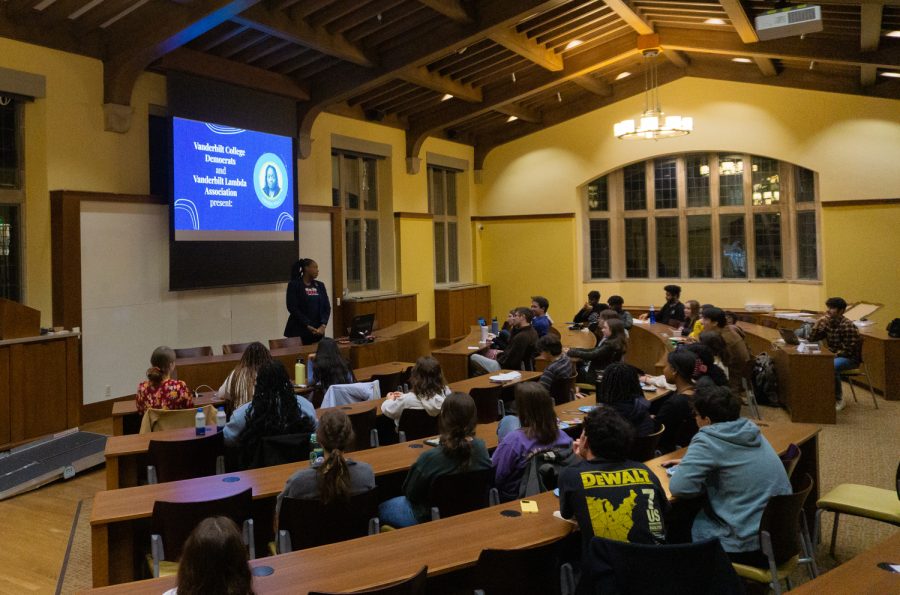
 GREAT JOB BRINA!!
GREAT JOB BRINA!!
